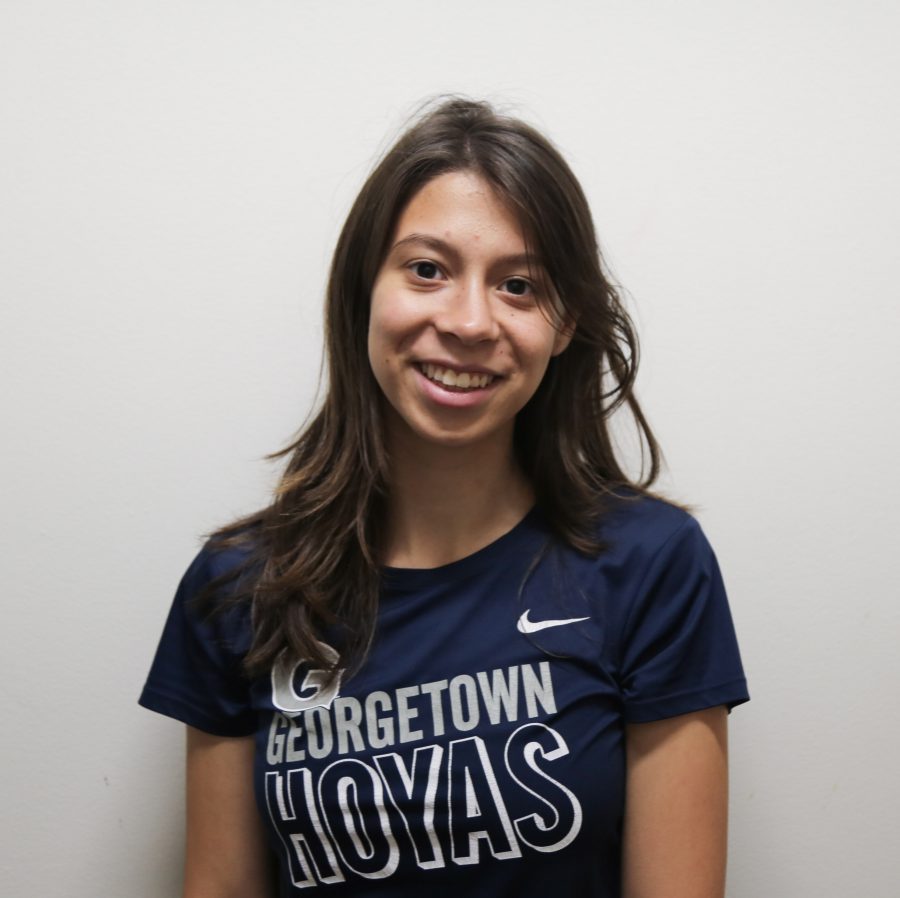Growing up on the East Coast of the U.S., learning about Thanksgiving consisted of creating hand-turkeys, cutting out paper leaves in hues of red and orange and reenacting the famous story in which Squanto taught the Pilgrims how to plant corn. After the successful harvest, they came together and celebrated, symbolizing the peaceful relationship between the British colonists and Native Americans.
This is an ignorant understanding of the relationship between the New England colonists and Native Americans, which demonstrates one of the many flaws of the U.S. education system — its’ inability to properly educate students on the root of white supremacy in our country’s founding and development. Squanto was a slave captured by the Pilgrims whose tribe was later decimated by an unknown disease. Failing to tell the full story not only woefully miseducates children, it gives rise to the beliefs that promote systemic racial injustices faced by marginalized communities.
Standardized testing in the fields of math and English are pushing history to the back burner in curricula. A 2012 survey found 88% of elementary school teachers considered history a low priority. To ignore history education implies that past injustices don’t affect our present. This opens the door for bigotry rooted in ignorance and intentional miseducation.
The College Board has weakened already loose guidelines with the installation of American exceptionalism in the Advanced Placement U.S. History Exam after receiving pressure from conservative groups. This move is a manipulation of the subject altogether, as it minimizes the impact that the white man had on the world: slavery, colonialism and imperialism. Further, the theft of indigenous land and pay discrepancies by race and gender stem from the manipulation of history and the promotion of American exceptionalism. While it’s one thing to be proud, it’s another to ignore the destructive actions of those that came before us.
Teachers often rely solely on textbooks to teach their curricula, which unfortunately isn’t the best option either. McGraw-Hill, one of three major educational publishers, produced a textbook on U.S. history which stated, “The Atlantic Slave Trade between the 1500s and 1800s brought millions of workers from Africa to the southern United States to work on agricultural plantations.” Even subtle semantic choices like the use of the word “workers” drastically misrepresents how slaves in the United States were treated. It ignores the abuse, violence and inhumane treatment they faced. By sugarcoating this issue, textbook publishers also contribute to the erasure of history.
Our educational system needs stricter guidelines for history textbooks and teachers. We need a reevaluation of our collective understanding of our history to acknowledge this country’s deeply unrighteous past, as much as we acknowledge its accomplishments.
Opinions expressed on the editorial pages are not necessarily those of WSN, and our publication of opinions is not an endorsement of them.
A version of this article appeared in the Monday, Dec. 2, 2019 print edition. Email Gabby Lozano at [email protected].
























































































































































